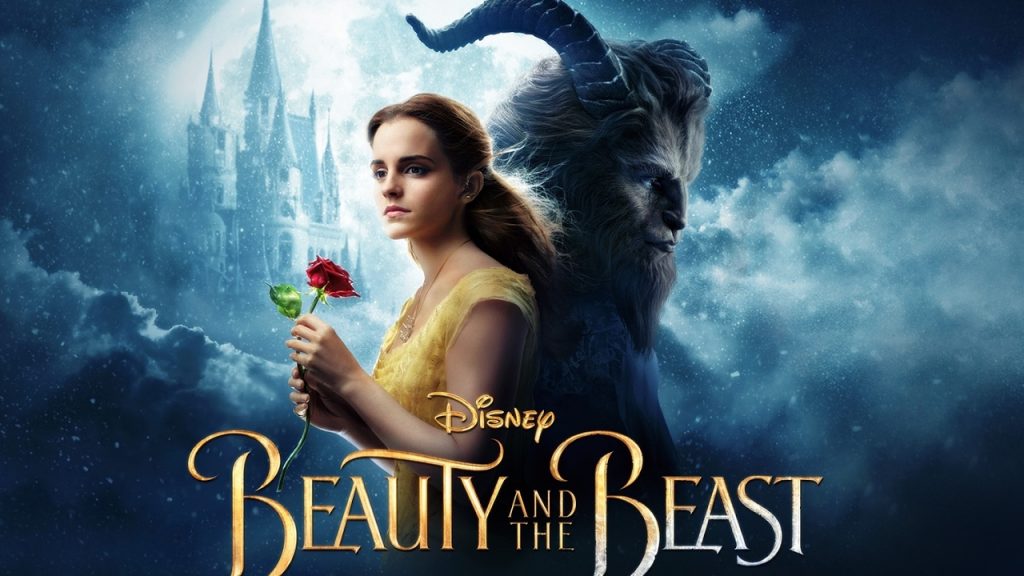
In his four volume series Masks of God, mythologist Joseph Campbell documented the transformations of religious stories over millennia, demonstrating that the guiding narratives for civilizations underwent numerous revisions, or in some cases replacement, with the relevant populations quickly adapting to the new narratives to help them make sense of their lives and the world around them.
Those new to the MRM may not immediately see how this is relevant to the movement, particularly in an era they consider post-religious. Those who have been in the MRM for the longer haul, however, know that we continue to be influenced by cultural narratives (or if you like, myths) which guide our perception every bit as strongly as did the old religious stories examined by Campbell. Feminist myth-making provides the perfect example
Some may remember Angry Harry’s wonderful series ‘Who Rules Over Us’ in which he tried to impart to readers this very sense – that there are ‘entities’ as he called them, large institutional organisms generating narratives that we absorb, willy nilly, as our own. These, explained Harry, are contemporary mythologies which guide the sleepy masses, while those who perpetuate them are often driven by motives of power, profit or revenge.
Today, as in the ancient past, we are steeped in mythologies pretending to describe the nature of men and women – many of them highly destructive to human relationships. Our dominant mythology, euphemistically referred to as romantic love provides an example of the urge to power by those who perpetuate it, for behind each romantic story is the goal of increasing the power of women through acts of male chivalry. Neither does the myth escape the rhetoric of feminists who are the leading promoters of it: males are latent beasts who must atone though gestures of chivalry, and women are damsels in distress.

Emma Watson, leading actress and champion of the HeForShe campaign, specializes in playing medieval gender roles
But not all mythologies serve to increase the power, profit and revenge of tyrants and therein lies the challenge for men’s rights activists who work to create new accounts of life that include the male perspective. To that end social media and a keyboard are the ultimate weapons as Angry Harry maintained to the end [quote]:
It is the growing brain in cyberspace that is the major source of the progress that is being made outside of cyberspace. Nothing else – and no other men’s group – comes even close to achieving what the collective activism of those in cyberspace are achieving.
Even those heroes whose activism is largely outside of cyberspace (and there are now quite a few of them; e.g. Fathers For Justice) are supported very strongly by the activists who operate mostly within cyberspace.
Indeed, the internet is providing men’s activists with one of the most powerful tools imaginable when it comes to furthering their cause and seeking to empower themselves. There has been nothing like it throughout history. And so to complain about the fact that the men’s movement is mostly making use of the internet is about as daft as complaining about the fact that soldiers in the past mostly carried guns and were usually part of an army.
Putting this another way: The increasing activities of an increasing number of men’s activists are likely to generate a structure that will, eventually, be quite recognisable as an organism that is the ‘men’s movement’.
And this will happen quite unconsciously.
As such, perhaps the only really important message for men’s activists to take on board is simply this one.
Stay active!
The men’s movement is growing all the time. And much of this is due to the collective activism of men-who-sit-at-screens.
‘Men-who-sit-at-screens’ – writers, computer folk, scientists, the intelligence and security services etc – are, in many ways, a certain breed of men – with, loosely speaking, more brain, less muscle, more introvert, less extravert etc.
And many of us grow to be this way as we get older!
it is men-who-sit-at-screens who will knit together the men’s movement.
And it is men-who-sit-at-screens who will knit together the men’s movement.
There will be men’s activists who will dash hither and thither around cyberspace harassing the enemy and gathering up information to feed to webmasters and authors. There will be webmasters and authors sifting, analysing and re-arranging information to create feeds and ideas to push into the more mainstream media. There will be mainstream media activists who repackage the information for a much wider audience. There will be computer folk who will help the men’s movement to grow inside cyberspace. And there will also be men-who-sit-at-screens in many other walks of life who will do their bit to further the men’s movement and its aims.
For example, there are, apparently, some 50,000 police officers and security agents in the USA whose work mostly involves trawling the internet.
Needless to say, they are mostly men.
Furthermore, if you take notice of the gender of the columnists on most of the political websites on the internet, you will see that they are overwhelmingly men.
Yes indeed. The men’s movement is going to grow into the most massive organism. And, eventually, not only will no other group be able to compete with it, no other group will survive its wrath should it engender it.
The men’s movement is going to be dominated by men-who-sit-at-screens.
(This will be true for so many reasons – some of which are mentioned above – that it would take far too long to discuss them here.)
And men-who-sit-at-screens are not particularly representative of men in general.
More importantly, they are not particularly representative of those who have typically wielded the most power in the past.
For example, ambitious politicians, soldiers bearing arms, feminists, racial leaders, wealthy corporate executives, union leaders, film stars, media moguls, and other such entities have led the way in the past.
The men-who-sit-at-screens have not had much of a say!
But the times they are a-changing.
And the shift of power toward men-who-sit-at-screens will definitely bring about a change in the overall psychology of those who have the most influence.
These will include male authors who write pieces on all sorts of different topics, computer folk who write software, design websites etc, security agents who scour the internet for information, activists of all persuasions, and others too numerous to mention.
And then there are those men who just regularly log on to read the material that is online.
These are not the same kind of people who have had power in the past.
Their psychology is very different.
No. Not in every case.
But, statistically speaking, they are definitely very different.
And in the near future, and partly thanks to the men’s movement, men-who-sit-at-screens will begin to understand that, together, they represent a truly mighty force.
A huge force!
It does not matter whether they are on the left or on the right, and if they are fighting like dogs. The truth of the matter is this – whether they like it or not. If they are ‘men’, and they also sit at screens and they also keep reading about the same kind of stuff, then they really, and truly, and very deeply have a great deal in common – far more so than they usually recognise.
And the reason that they usually do not recognise this commonality is largely due to the fact that they do not see themselves as ‘men’!
But, one day, they will!
And, at some point in the future, the psychological force that they create will dwarf all others.
And so, all in all, the future seems quite rosy for men-who-sit-at-screens.
Angry Harry’s website is testament to the power of online activism, where his work alone has reached millions of people in comparison to the few we might otherwise reach in our physical social circles.
Some readers might object that they don’t follow stories at all but simply follow facts, which itself becomes a story about not following stories. On close inspection, to be sure, when we remove the superficial story-masks we wear what we find are even deeper undercurrents of story, layers of narrative accumulated from childhood that go all the way down to the bone. Narrative gives a worldview, and provides identity, which rings true in Shakespeare’s line “All the world’s a stage and the men and women merely players”. We are all enactors of stories, our own stories, and what we need are stories that ring more true to our experience of being male.
In summary, the internet is where we share our stories and by doing so we challenge the dominant narratives, mirroring the findings of Campbell in regard to the narrative upheavals of traditional religions. What we need is a New Testament on men’s issues, one that will succeed the tired old story of male servitude to a quasi-aristocratic class of women. This process begins by understanding that the persuasiveness of stories will always trump clinical facts – despite their veracity.
Men and women are after all story creatures, and it’s by this mode we can tell ourselves into existence beyond the restrictive stories that currently dominate the discussion on gender. By that route, as Harry contended, we can change the world.
Further Reading:
The following excerpt from philosopher Richard Kearney delves into the power of stories: Where do stories come from?
You must log in to post a comment.